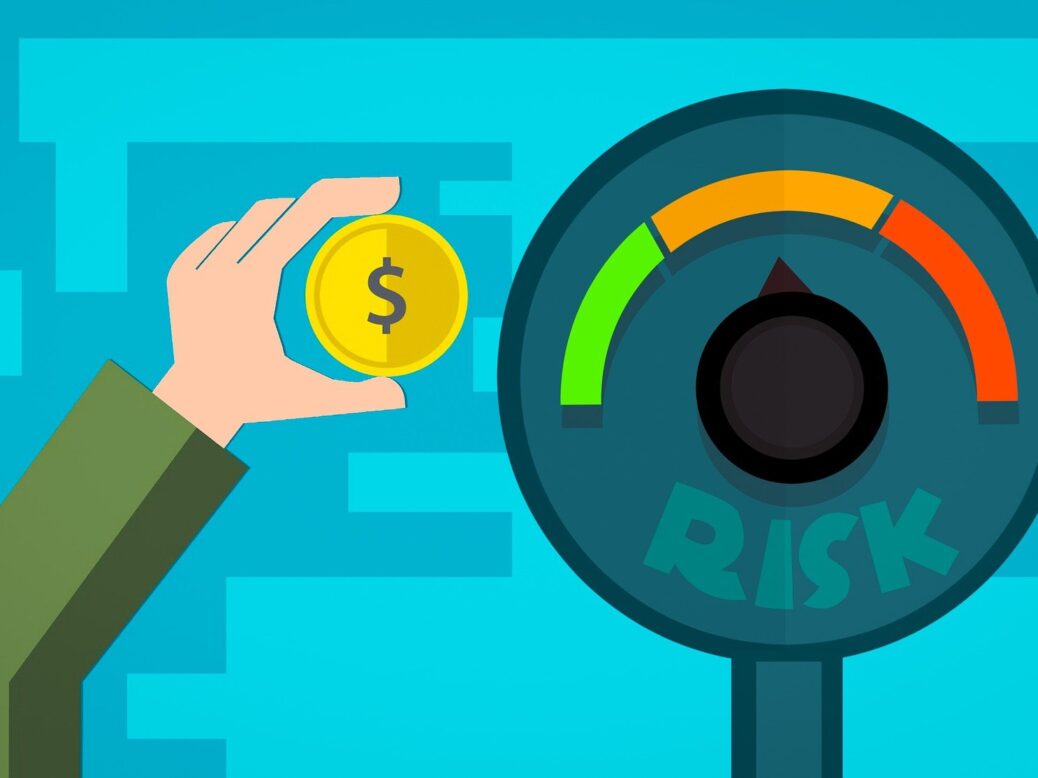
It would be easy to assume investors have become more risk-averse during the coronavirus crisis, but lessons from 2008 and a longer-term view have some seeking out opportunities, writes William Sels
The tumultuous events of last year have caused both confusion and clarity for investors: confusion in dealing with the fallout from a pandemic on a scale not seen for a century, and clarity in new awareness of our own vulnerabilities and having the time to pause for self-reflection.
This period has allowed us time to re-evaluate our attitudes to risk, and there is no doubt risk appetite shifted in 2020, including for investors. The coronavirus outbreak has wrought havoc across global markets, causing dramatic swings in stocks, bonds, gold and oil.
Companies with strong prospects just a year ago have collapsed, and many others have reduced or cancelled dividends to shareholders.
In such an unpredictable environment, it would be easy to assume investors have become more risk-averse. As the virus spread, there were sell-offs across the world as investors took flight.
The Dow Jones Industrial Average plunged 5.6 per cent on March 11, the day the World Health Organization declared a global pandemic. It was the same story in other major stock markets.
At the same time, some have seen opportunities throughout the pandemic to buy at a discount, and those who sold out for cash or de-risked their portfolio ahead of the big market falls in the early part of 2020 are now looking at how to start diversifying into riskier assets this year.
Lessons learned
There is some element of psychology at play. We often feel losses more negatively than equivalent gains, meaning the memory of previous losses – such as the 2008 financial crisis – tend to weigh heavily. The theory of loss aversion suggests investors – or anyone considering a transaction – tend to prefer avoiding losses to the possibility of making gains and therefore are reluctant to take risks. In the age of coronavirus, this attitude is understandable.
However, while many investors did some de-risking in their portfolio during the initial months of the crisis, there was less of this behaviour than in 2008 – often because they already had some risk mitigation strategies in place.
To some extent, the lessons of the 2008 crash have been learned. The quick intervention of central banks and governments also helped to reassure investors, allowing them to take a longer-term view and to ride out some of the volatility, rather than reactively selling at the wrong time.
Thinking of the future
Investors who now find themselves in a liquid position might decide it’s time to start looking for opportunities. There has been positive news on the rollout of vaccines, though this has been somewhat countered by the emergence of new strains and still-rising cases in some places.
Further, central banks are likely to keep interest rates low for the foreseeable future, and economic recessions are likely in many markets. Incorporating riskier assets as part of a diversified portfolio is a way to potentially find yield in a low-rate environment.
The combination of an expected rebound in corporate profits in 2021 and continued low interest rates make risk assets attractive. Investments in global equities, investment grade and BB-rated corporate bonds, and emerging market hard currency bonds all have the potential for solid returns in such an environment.
Investors are also much more aware of environmental, social and governance (ESG) risks, and are taking these factors into account when building their portfolios.
Managing ESG risks and opportunities has become a core part of investment strategies, and will remain so in the future.
Personalised portfolios
There is no single solution in how you approach risk as part of a successful wealth management strategy. It remains essential to hold a diversified portfolio, but the balance of your risk assets will depend on your individual requirements.
After all, risk tolerance is highly personal, and can change over time in line with life circumstances or market events. And risk perception isn’t always rational: we tend to assess risks using our cognitive skills (examining evidence and using logic to reach conclusions) as well as a more emotional lens (for example, intuition).
It is now more important than ever for investors to have regular conversations about risk tolerance with a professional to ensure their portfolios are aligned with their individual beliefs and needs.
Willem Sels is global chief investment officer, Private Banking and Wealth Management at HSBC
Read more
How Modern Monetary Theory gained currency
Tom Steyer on Biden, taxes and changing Wall Street
How Singapore’s vision of the near-future is bringing Davos to the Lion City






